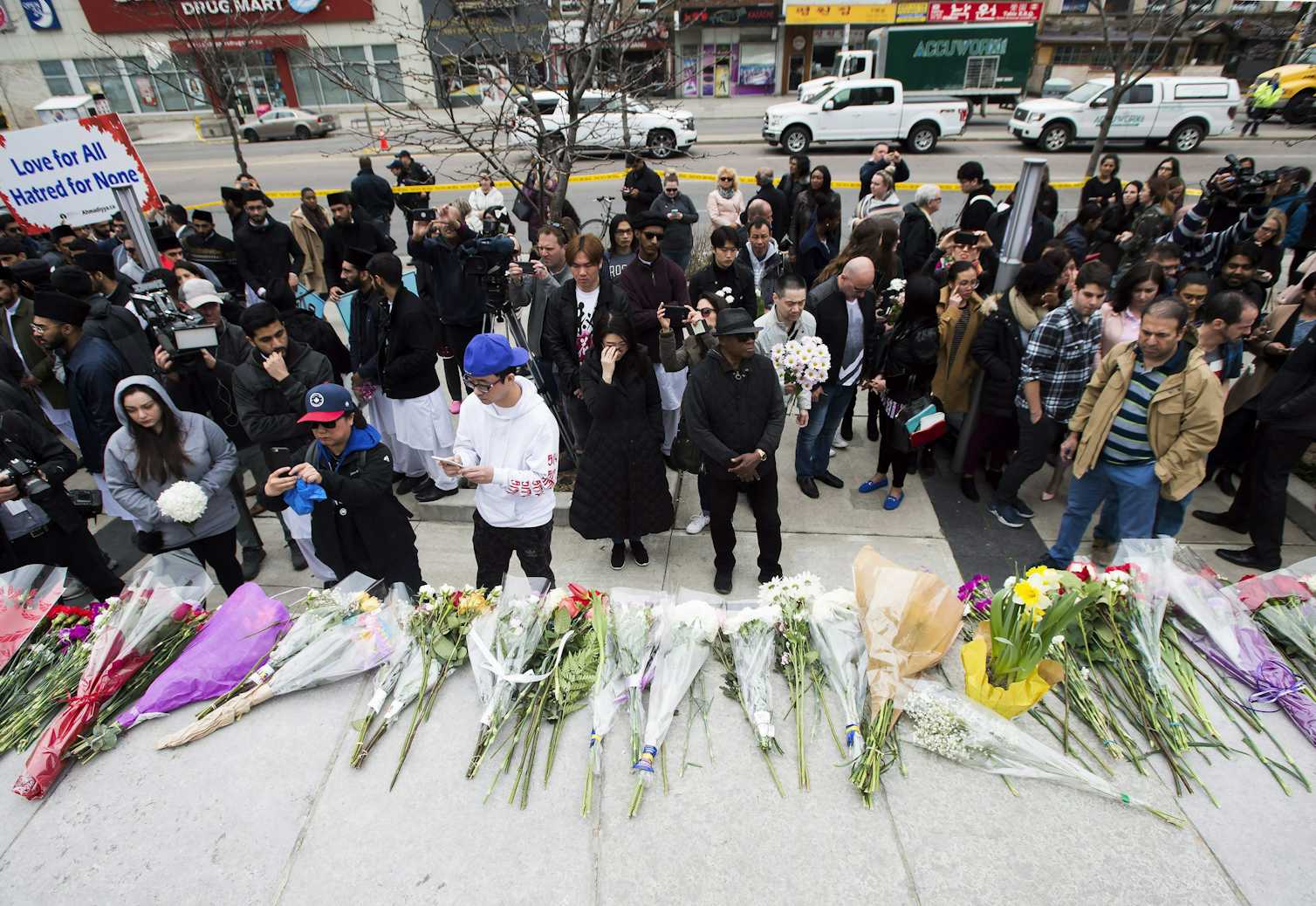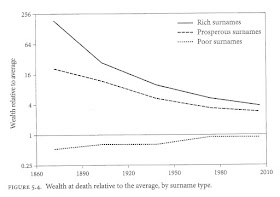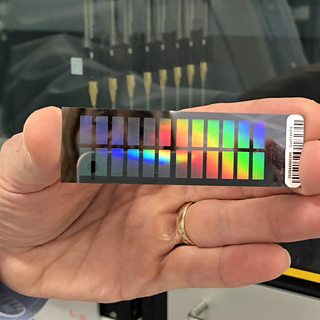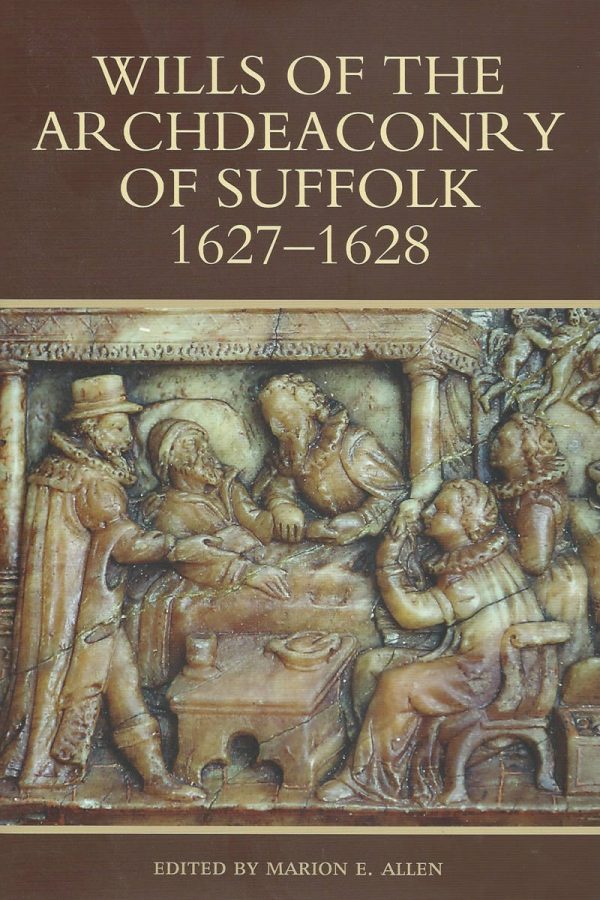Hard on the heels of the announcement of the 2019 BCG webinar series comes news of other webinars offered by and in cooperation with Legacy Family Tree Webinars. Here's the announcement (the word Canad* does not appear).
MyHeritage webinar series
And for the second year - we will be the host of the exclusive webinar series, MyHeritage Webinars, where we will learn about matching technology, and get insights into old photos, city directories and much more. Watch this blog for the announcement soon.
Down Under series
We are most proud to host the new Down Under series - webinars designed for genealogists in Australia and New Zealand - at 12pm (noon) on Wednesdays. They'll have their very own Webinar Wednesday with convenient timing. See
www.FamilyTreeWebinars.com/downunder.
FGS series
We've partnered with the Federation of Genealogical Societies to help you prepare for their annual conference to be held August 21-24 in Washington DC. First, learn from conference Chair, Pamela Boyer Sayre, in her free webinar What Would You Do If You Had Five Days in Washington DC? Then in March, we will release a 13-class series to learn about the attendee's repository of interest - The National Archives and Records Administration (NARA), Library of Congress, or Daughters of the American Revolution (DAR) Library. This will give conference goers the special knowledge they need to decide which pre-conference research opportunity they want. This bonus webinar series will be available to FGS registrants and webinar subscribers.
International Languages For the first time, we will host live webinars in foreign languages: Swedish, French, Spanish, Norwegian, Danish and Finnish. More information to come soon.
Closed Captioning
Every webinar recording will be captioned for the hearing impaired. We really are striving to serve the entire world!
BONUS webinars for subscribers
In addition to the live webinar series, every Friday is "Member Friday" where subscribers will enjoy a bonus pre-recorded webinar! Watch for the schedule of titles soon.
Webinar Brochure
Print the
webinar brochure to share with your friends, genealogy society, or Family History Center.
FamilyTreeWebinars.com memberships
All live webinars are free and their recordings are free to watch for the first 7 days. With a webinar subscription you get these additional benefits:
- Access to 1) all the existing 833 classes in the library (1,082 hours of quality genealogy education), 2) plus the 116 webinars that will be added during the 2019 season, 3) plus any additional bonus subscribers-only webinars (hundreds of these so far) - all available for the duration of your membership
- Access to all 3,582 pages of instructors' handouts plus the new handouts of the 2019 season
- Access to all webinars and handouts from our new Down Under series
- Chat logs from the live webinars
- Additional 5% off anything at
FamilyTreeWebinars.com
- Chance for a bonus subscribers-only door prize during each live webinar
- Additional members-only BONUS webinars
- Playlist, resume watching, and jump-to features
It's just $49.95/year.
Nowhere else - on land, at sea, or online - will you find genealogy courses as comprehensive, diverse, or as numerous as you will find at
FamilyTreeWebinars.com.
2019 Webinar Channels and Schedule
Down Under Channel (1st Wednesdays, 12pm Sydney time)
- Researching in Australian Archives by Helen Smith January 2
- Six Feet Under Down Under - Cemetery records in Australia by Jill Ball February 6
- Polled! Finding your ancestors in New South Wales colonial muster and census returns by Carol Baxter March 6
- One Touch Genealogy Research: How to Handle a Record Just Once by Thomas MacEntee April 3
- English Parish Records: More than Hatch, Match and Dispatch by Helen Smith May 1
- They really didn’t swim! Finding your ancestors in New South Wales colonial shipping records by Carol Baxter June 5
- Remedies for Copy & Paste Genealogy by Cyndi Ingle July 3
- Finding Families in New Zealand by Fiona Brooker August 7
- Are you Lost? Using Maps, Gazetteers and Directories for British Isles Research by Paul Milner September 4
- The Stories Behind the Segments by Blaine Bettinger, Ph.D., J.D. October 2
- Trove: An Australian and Beyond Genealogical Treasure by Helen Smith November 6
- Buried Treasures: What’s in the English Parish Chest by Paul Milner December 4
DNA Channel (1st Wednesdays, 2pm eastern U.S. time)
- DNA Rights and Wrongs: The Ethical Side of Testing by Judy G. Russell, JD, CG, CGL January 2
- DNA and the GPS solves a mystery: Hamiltons in Colonial New England by Shellee Morehead, PhD, CG February 6
- A Guide to Third Party Tools For DNA Testing by Michelle Leonard March 6
- An Introduction to DNA Painter by Jonny Perl April 3
- How to use autosomal DNA to resolve historical paternity cases Ugo Perego May 1
- Lessons in Jewish DNA by Israel Pickholtz June 5
- Evaluating Shared DNA by Paul Woodbury July 3
- Case Studies in Gray: Identifying Shared Ancestries Through DNA and Genealogy by Nicka Smith August 7
- Combining DNA and Traditional Research - In-Depth Case Studies by Michelle Leonard September 4
- A Day Out With Your DNA by Diahan Southard October 2
- Understanding Ethnicity Estimates by Mary Eberle, JD November 6
- Which Spot Does ‘X’ Mark, Anyway? X-DNA Testing in Action by Debra Renard December 4
**other DNA webinars in Misc and MyHeritage Channels
MyHeritage Channel (2nd and 4th Tuesdays, 2pm eastern U.S. time)
Registration coming soon...
Foreign Language Channel (2nd Wednesdays, 2pm eastern U.S. time) Registration coming soon...
Misc Channel (2nd/5th Wednesdays, 8/2pm eastern U.S. time)
- Maintaining an Organized Computer by Cyndi Ingle January 9
- You Can Do This: Photo Organizing and Preservation by Thomas MacEntee January 30
- Reconstructing Your Genetic Family Tree by Blaine Bettinger, Ph.D., J.D. February 13
- Reclaim The Records: Using Freedom of Information Laws for Genealogy by Brooke Ganz March 13
- Plain Folk – Researching Amish and Mennonite Families by Peggy Clemens Lauritzen, AG April 10
- Surprise Webinar by Surprise Guest May 8
- Tools for Translating and Transcribing Genealogy Records by Thomas MacEntee May 29
- Tracking Your Digital Bread Crumbs: Bookmarks, Toolbars, Notes, and Other Applications by Cyndi Ingle June 12
- Prince Edward Island Repositories and Records by Melanie McComb July 10
- Google Photos: one photo app to rule them all by Devin Ashby July 31
- Basics of Land Platting - Part 1 by J. Mark Lowe, CG, FUGA August 14
- Advanced DNA Techniques: Using Phasing to Test DNA Segments by Blaine Bettinger, Ph.D., J.D. September 11
- 50 Records that Document Female Ancestors by Gena Philibert-Ortega October 9
- Seven Steps to Manage Digital Files by Denise May Levenick October 30
- Soldier’s Homes (1865-1930) – Caring for our veterans by Rick Sayre, CG, CGL, FUGA November 13
- Grandma's Obituary Box: The Use of Obituaries in Genealogical Research and Their Role in American Culture by Pam Stone Eagleson, CG December 11
Board for Certification of Genealogists Channel (3rd Tuesdays, 8pm eastern U.S. time)
- Visualizing Information for Genealogists by Margaret R. Fortier, CG January 15
- Applying Evidence to Genealogical Research Questions by Melissa Johnson, CG February 19
- The Five-story Fall: Correlating Indirect and Direct Evidence to Extend the Pedigree by Debra S. Mieszala, CG March 19
- Transcribing Documents: There is More Than Meets the Eye! by LaBrenda Garrett-Nelson, JD, LLM, CG April 16
- Valid and Unsound Assumptions: What Was She Thinking? by Jeanne Bloom, CG May 21
- Using Another Library Source: the Government Document Section by Patricia Stamm, CG, CGL June 18
- Lesser Used Records for Research in the Netherlands by Yvette Hoitink, CG July 16 *2pm start
- Ten Tools for Genealogical Writing by Harold Henderson, CG August 20
- Civil Law Concepts and Genealogy by Claire Bettag, CG September 17 *live only
- Civil Law Records in Genealogical Research: Notarial Records by Claire Bettag, CG October 15 *live only
- Native American Research: Things You May Not Know by Paula Stuart-Warren, CG, FMGS, FUGA November 19
- Marriages Here, There, and Nowhere: Finding Gretna Greens and Borders by J. Mark Lowe, CG, FUGA December 17
Places/Ethnicity Channel (3rd Wednesdays, 2pm eastern U.S. time)
- What Would You Do If You Had Five Days in Washington, DC? by Pamela Boyer Sayre, CG, CGL, FUGA January 16
- Online Resources for French Genealogy part I by Paul Woodbury February 20
- One African-American family’s story of Migration from the South: A Boarding House in Detroit… by J. Mark Lowe, CG, FUGA March 20
- Boost Your Germanic Research: Understand Historical Jurisdictions by Teresa Steinkamp McMillin, CG April 17
- The 10 Most Useful Databases for Eastern European Research by Lisa Alzo May 15
- Researching in New Mexico by Henrietta Martinez Christmas June 19
- Research Your Newfoundland Ancestors by Tessa Keough July 17
- Bullet Journaling for Genealogy by Shellee Morehead, PhD, CG August 21
- Research Latin America Genealogical Resources on the Internet by Daniel Horowitz September 18
- Italian Civil Registration (Stato Civile): Going Beyond the Basics by Melanie D. Holtz, CG October 16
- A la Karte: Borders, Maps and Gazetteers for German Genealogists by James M. Beidler November 20
- How to trace your UK ancestry by Kirsty Gray December 18
Technology Channel (4th Wednesdays, 2pm eastern U.S. time)
- Using OneNote With Your Genealogy by Tessa Keough January 23
- A Month’s Worth of Must-Have Tech Tips To Start Using Today by Gena Philibert-Ortega February 27
- No Purchase Necessary: Free Genealogy Tools for Your iPad/iPhone by Devin Ashby March 27
- Comparing the Genealogy Giants: Ancestry.com, FamilySearch, Findmypast and MyHeritage – 2019 edition by Sunny Morton April 24
- Google Drive: an Office in the Cloud by DearMYRTLE and Russ Worthington May 22
- Spreadsheets 401 : Excel-lent Inspiration by Mary Kircher Roddy June 26
- Should You Take the Hint? Automatic Record Hinting on the Giant Genealogy by Sunny Morton July 24
- Using Teams With Your Genealogy by Tessa Keough August 28
- Meaningful Tables and Graphs for Correlation in Family History by Ruth Wilson Craig, CG September 25
- Top Tech Tips for the Technologist and the Genealogist - 2019 edition by Geoff Rasmussen October 23
Methodology Channel (4th Fridays, 2pm eastern U.S. time)
- Patriot or Not?: Using the Genealogical Proof Standard on a Closed DAR Line by Elissa Scalise Powell, CG, CGL January 25
- Using Timelines and Tables to Analyze Your Research by Cari Taplin, CG February 22
- A Terrible Malady: Disease and Epidemics in New England by Lori Lyn Price, MAS, MLA March 22
- How I Built My Own Brick Wall by Rebecca Whitman Koford, CG, CGL April 26
- Compiling a Military Service Record by Craig R. Scott, MA, CG, FUGA May 24
- 5 Steps to Becoming a Good Ancestorby Marian Pierre-Louis June 28
- Census Hurdles: How to Jump Over or Go Around by Cari Taplin, CG July 26
- Introduction to Forensic Genealogy by Kelvin L. Meyers August 23
- The Home Archivist: Preserving Family Records Like a Pro! by Melissa Barker September 27
- Decoding Secret Societies: Finding Your Female Fraternal Ancestors by Michael L. Strauss, AG October 25
- No Will? No Problem! by Sharon Monson November 22















